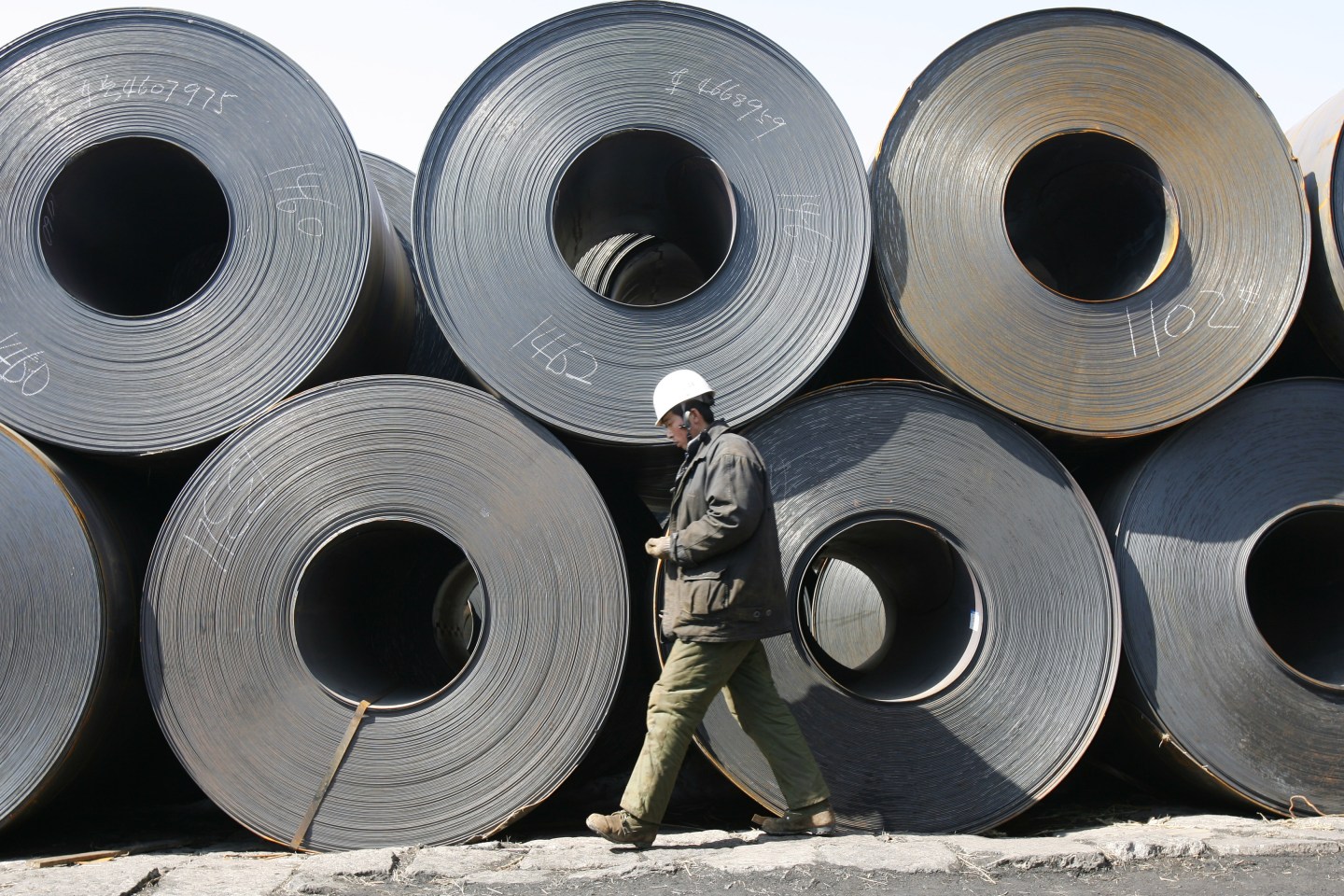It’s a tariff so high, it could make even Donald Trump blush.
The Commerce Department on Tuesday announced that it was imposing tariffs on various foreign steel producers, with Chinese steelmakers now facing a 266% tariff on its exports to the United States. Other countries like South Korea, Brazil, Italy, and Japan were also slapped with tariffs ranging from 2% to 71%, according to the Commerce Department.
The action is the latest move in a years long international battle over the steel market. The steel industry is a prime example of one that is susceptible to activist trade policy. It’s an important industry for any country to maintain, given its importance for infrastructure and national defense. It’s also an industry with very high fixed costs and capital intensity that encourages firms to sell its product below the cost of production, often with the support of their governments.
That’s exactly what the Commerce Department says is happening right now, most especially in China, where a sharp economic slowdown and general manufacturing overcapacity is forcing exporters to slash prices, and where the government is propping up firms by among other tactics lending money to firms at below market rates, to name just one tactic.
Commerce’s action doesn’t signal the widening of a trade war, as the U.S. government has been fighting steel dumping for more than a decade now. The Asian financial crisis of the 1990s also led to a big increase in companies exporting steel below cost, which the George W. Bush administration combated with a tariff of its own in 2002. But the public backlash against the 2002 tariff was strong, and the Bush administration lifted the tariff after the World Trade Organization threatened to fine the United States.
We’ll have to see what the World Trade Organization has to say about the U.S.’s latest tariff decisions, but there’s reason to believe that the American case against foreign steelmakers is even stronger today than it was fifteen years ago. And the success of the Donald Trump campaign shows that the political support for such moves is much higher today. With both the Democratic and Republican parties appearing to be more sympathetic to arguments for more protectionism, there’s plenty of reason to believe that Tuesday’s action is the prologue to many more bitter fights over global trade.






